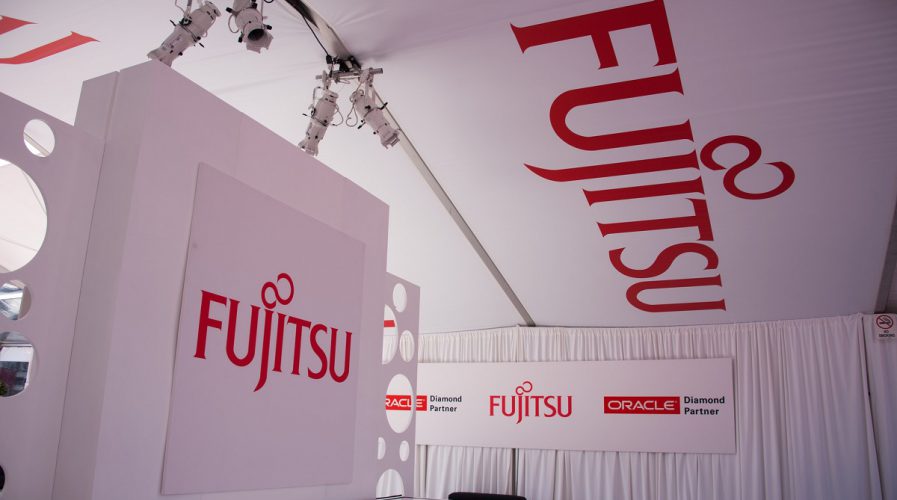
Fujitsu’s plans to scrap 1,800 jobs are for restructuring purposes and unrelated to Brexit. Pic: Flickr/Oracle PR
NEC, Fujitsu turn to cybersecurity in response to rising number of attacks
JAPANESE IT titans NEC and Fujitsu are adding cybersecurity to their portfolio of services in response to the increasing occurrences of cyber threats and vulnerable personal information, while also helping their clients save time and resources.
Nikkei reported NEC’s offering will come equipped with surveillance services integrated with artificial intelligence (AI) technology. The AI technology will learn and teach itself to recognize how an analyst would grade threat warnings and implement systems to remove low-level threats, thus freeing human attention by 30 percent.
Why #cybersecurity matters. Average cost of #cybercrime ?:
1. #US?? $17.36 million
2. #Japan?? $8.39m
3. #Germany?? $7.84m#MIGlobal pic.twitter.com/QbDQl3tN1u— ??Curtis S. Chin (@CurtisSChin) May 3, 2017
NEC’s new technology will flag only the most pressing instances that require human intervention. The software will be based on cutting-edge technology that relies on colors and numbers to compare against past attacks in order to differentiate a threat level quickly. Previously, an analyst would have to analyze the character strings of an attack to determine the threat.
Fujitsu, on the other hand, will be introducing new software that can recognize and evaluate virus damage in under 10 minutes, as well as map its route of entry to determine its spread to other computers. The service will also be able to compare real-time data with past attacks in order to determine any changes and deal with them accordingly.
As the world becomes ever more reliant on digital frameworks and personal information becomes more vulnerable to threats, the lack of awareness and manpower to ensure cybersecurity is maintained has become glaringly obvious. The use of AI and algorithmic systems to neutralize low-level threats could save companies thousands in security spending.
Currently, the ratio of work a human has to do to rectify any cyber threats would require analysts to comb through character strings, servers and computers before a diagnosis can be made. By automating those processes and building in AI technology, businesses can save time – it is said to be able to reduce work times by as much as 90 percent – as well as reduce the possibility of a virus spreading even further.
SEE ALSO: Secure identity theft solutions that bring the fight to fraudsters
As it stands now, cybersecurity in Japan has been mediocre at best, leaving plenty of room in the market for B2B services to reap the benefits. In 2016, Japan registered 128.1 billion cyberattacks, according to the National Institute of Information and Communications Technology.
That number will only rise, especially as Internet of Things (IoT) devices become increasingly ubiquitous. NEC and Fujitsu can leverage on their services to grab a large chunk of the domestic demand.
READ MORE
- Strategies for Democratizing GenAI
- The criticality of endpoint management in cybersecurity and operations
- Ethical AI: The renewed importance of safeguarding data and customer privacy in Generative AI applications
- How Japan balances AI-driven opportunities with cybersecurity needs
- Deploying SASE: Benchmarking your approach
